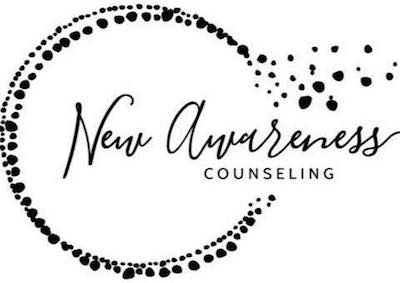One thing that we can count on in life is that things are always in a state of change, fluctuating day to day and moment to moment. As someone who loves to be in control I will be the first to admit that I don’t usually openly embrace change. I like predictability, certainty and structure. And of course most of us like these things because they actually increase our likelihood of survival. Having certainty around housing, knowing we have access to food, predictability that our jobs will continue to be there, etc, leaves us feeling more safe and secure.
The problem is that life doesn’t work that way. Despite our best efforts we will all face situations that leave us feeling vulnerable and uncertain. It is how we then deal with these situations that counts. Many people used to believe that resiliency was innate – that we were either born with it or not. Although some people may naturally be more resilient, research has shown that most factors that contribute to resiliency can be learned.
Anxiety and Depression Treatment New Castle, CO
When life feels overwhelming we can help you figure out how to create more peace and joy. Together we can create a plan to build more happiness into your life and move away from patterns of anxiety and depression. Contact a counselor near me: Ashley Mauldin, MA, LPC, EMDR and Jodi Hill, Licensed Professional Counselor Candidate (LPCC) of New Awareness Counseling, LLC.
386 W. Main Unit 102 New Castle, CO 81647 | Telehealth – Secure online sessions| (970) 388-1903
A major component of resiliency is something called emotional intelligence. Emotional intelligence is defined as the capacity to be aware of, control and express one’s emotions. It also allows us to handle interpersonal relationships judiciously and empathically. According to Daniel Goleman, a psychologist whose work has been centered around emotional intelligence, there are five key elements; self awareness, self-regulation, motivation, empathy and social skills.
So let’s talk about self-awareness. We need to be aware of what is coming up for us emotionally and what is getting us emotionally hooked. Once we can name what is going on we then are challenged to get curious about it. This sounds simple but most of us have never been taught how to do this. Many of us were raised with the idea that life is hard and we need to just “suck it up.” Emotional intelligence requires that we do the opposite. It requires that we name the emotion and then understand why it is coming up for us.
The average number of emotions that people can name off the top of their heads is less than five. I challenge you to work on expanding your emotional vocabulary because we can’t tame what we can’t name. The next step is to notice what your emotional *“offloading” strategies tend to be. What do you do to avoid, deflect or diminish your feelings?
The top three strategies I see clinically are:
1) Numbing:
We engage in eating, drinking, scrolling social media, playing Candy Crush, binge watching an entire season on Netflix, having sex or even using drugs as a way to avoid feeling.
2) Stockpiling:
We stuff down our emotions and keep stockpiling them until we no longer can. The body keeps the score and stockpiling is often expressed through headaches, migraines, stomach issues, physical anxiety or a lack of motivation. Most people who stockpile say they are “fine” and may not even be aware of what they have suppressed.
3) Chandeliering or Going 0 to 60:
We stuff things down and then find ourselves having an emotionally disproportionate response to something. This could look like cussing out and flipping off someone after they cut in front of us on our way to work. Or it could be yelling at our kids if they spill something.
The goal is to become AWARE of what we are doing and then get CURIOUS about it. We cannot change something we do not have awareness about.
Therapy can be a wonderful way to expand your awareness and to dedicate time to unpacking your tendencies. Reach out if you are needing more support in becoming emotionally intelligent and stay tuned for the rest of the series to learn more.
*Strategies of Offloading Emotion comes from research done by Brené Brown.

